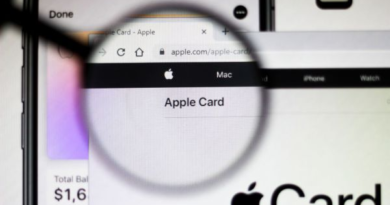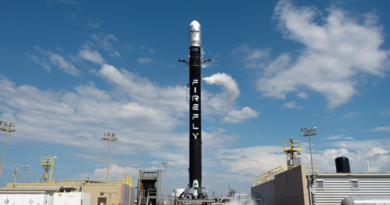Can Bird’s Spin acquisition give it the lift it needs?
After being delisted from the NYSE, regaining investor confidence won’t be easy

It’s been over a year since shared micromobility startup Bird warned shareholders that it might get delisted from the New York Stock Exchange. On Monday, that warning became a reality.
The news comes about a week after Bird closed a deal to acquire fellow e-scooter company Spin from German operator Tier, a move that Bird says will help it achieve long-term sustainable profitability, which Bird has been unable to accomplish on its own.
The timing of that purchase and its delisting is awkward, leaving Bird trading on the risky over-the-counter marketplace while it appeals the NYSE’s delisting decision.
Bird has suffered blow after blow since going public via a merger with a SPAC in November 2021. The fact that Bird was delisted — after it failed to maintain a market capitalization above $15 million for 30 consecutive days — tells us that investor confidence in the company is at low ebb.
While Bird did see a boost in its share price after announcing the Spin acquisition, the gains were short-lived and now they’re almost irrelevant.
Bird said the addition of Spin — including the company’s fleet of scooters and access to “key cities” — will bring in additional revenue for the newly combined company, and prove “immediately accretive to earnings.”
Whether Bird can bounce back and convince investors on the Pink Sheets to buy its shares will depend in part on Spin’s balance sheet. But since we don’t have those, and Bird would not supply them, we have to take a stab at predictions based on Bird’s past financial performance.
What could Spin do for Bird?
Spin currently operates in around 50 cities and university campuses around North America, which opens up Bird to new markets. Bird says there is minimal overlap between the two companies’ operations, and that the acquisition will give Bird access to cities like Baltimore, Salt Lake City, Washington D.C., and San Francisco. Notably, Bird was recently banned from Baltimore, D.C. and San Francisco.




